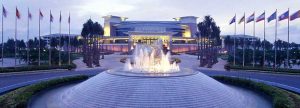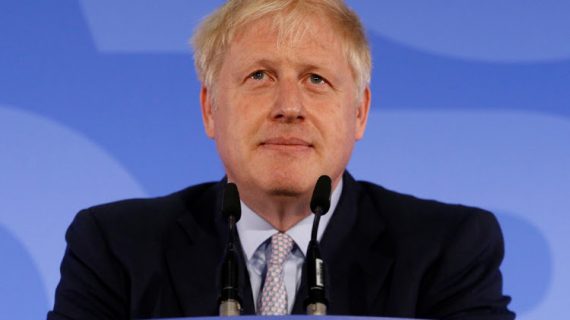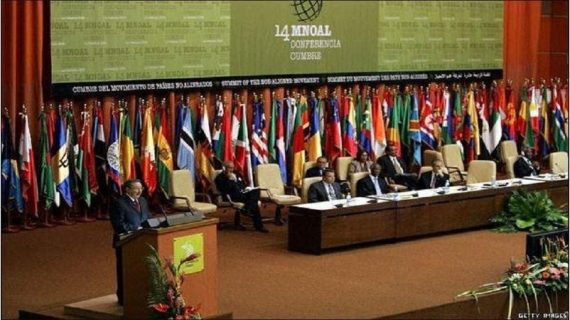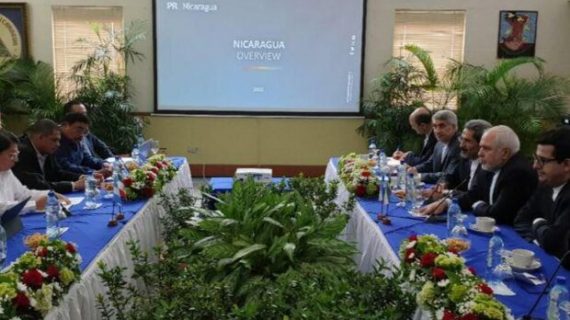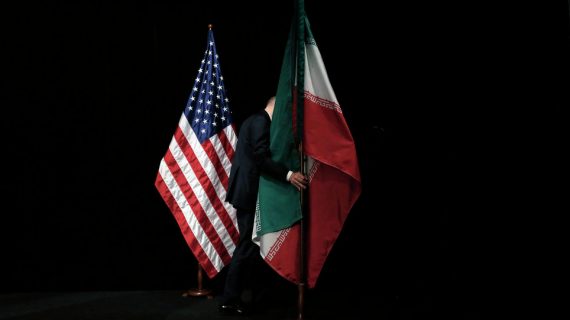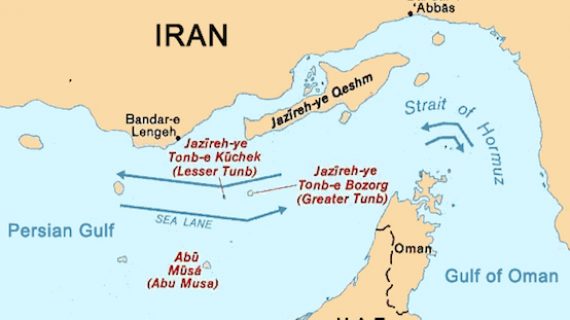Asian Integration Facing Challenges
Expanding Asia’s internal markets is very crucial to sustain the further growth of the global value chain and provide new momentum to the global trade growth
Reported by HPMM Group according to FINANCIAL TRIBUNE ; The anti-globalization sentiment that originated from the West continues to spread over the world, and is challenging Asian economic integration, a report released by the Boao Forum for Asia said Sunday.
According to the “Progress of Asian Economic Integration Annual Report 2018,” a cautious attitude should be adopted to predict the future of Asia’s economic integration, Xinhua reported.
Although there were some good signs for Asia’s trade performance in 2017, globalization—the most important driver of Asia’s economic integration—faces unprecedented challenges, the report said.
With deteriorating economic growth and growing trade deficits in the United States and some members of the European Union, the traditional model of Asia’s global value chain—where intermediate parts and components are sourced from Asian partners and assembled locally before the final goods are exported to the United States and Europe—faces difficulties, it said.
The market forces seem to be at work to reshape the basis of globalization—the global value chain. New innovations in precise machines, robots, 3D technology and lower resource costs may bring some manufacturing capacities back to the developed countries.
The report also noted that the United States and EU absorbed 96% of the world total portfolio investment in 2016. This pattern of capital flow would expose Asian economies to high risks of capital flight and higher cost of financing. The problem has become more prominent with volatile internal and external environments in recent years.
New Momentum Needed
To face the challenges, Zhou Wenzhong, secretary-general of BFA, said in the foreword of the report that expanding Asia’s internal markets is very crucial to sustain the further growth of the global value chain and provide new momentum to the global trade growth.
He said the Asian economies should spare no efforts to take advantage of the opportunity to move collectively toward creating a world-class integrated local financial market throughout determined reforms.
Looking ahead, Asia should work out clear policies to deal with the structural changes of the global value chain and find new and innovative ways to grow, which chimes with the theme of the BFA annual conference 2018—An Open and Innovative Asia for a World of Greater Prosperity, Zhou said.
This year’s conference runs from April 8 to 11 in Boao, a town in the southern Chinese island province of Hainan.
Launched in 2001, the forum has always served as a platform to build Asian consensus, promote regional cooperation and advance the continent’s influence on the world stage.
Domino Effect
The forum brings together leaders in government, business and academia to discuss the future role of Asia. The world is entering the next phase of globalization amid a rising tide of populism and protectionism in parts of the West, especially in President Donald Trump’s United States.
The Trump administration’s imposition of tariffs on steel and aluminum imports as well as its threat of a trade war against China have ignited a worldwide firestorm of frustration and confusion.
WTO Director-General Roberto Azevedo has warned of a potential “domino effect” in the wake of Washington’s increasingly protectionist policies. “Unilateral” announcements like those made by Trump tend to spark countermeasures, said Azevedo.
“Once you enter the path of reciprocal reprisals, you know when it begins, you know how it begins, but you don’t know how or when you will be able to stop the process,” Azevedo said. “In light of recent announcements on trade policy measures, it is clear that we now see a much higher and real risk of triggering an escalation of trade barriers across the globe,” he added.
“This process of action and reaction leads, sometimes, to trade wars that are not in anyone’s interest, where there are only losers, since there are no winners in a trade war,” he warned.
Engine of Growth
While some countries have been taking a step back from globalization, Asian countries, which have enjoyed rapid development over the past few decades, have always embraced rather than rejected globalization and free trade.
In particular, since the outbreak of the international financial crisis, Asia has served as a major engine for the recovery and growth of the world economy, contributing nearly half of global growth.
In recent years, Asia’s outbound investment has been noticeably active. A large population and growing middle-income class in Asia have provided huge consumption opportunities and an investment market for the world at large.

